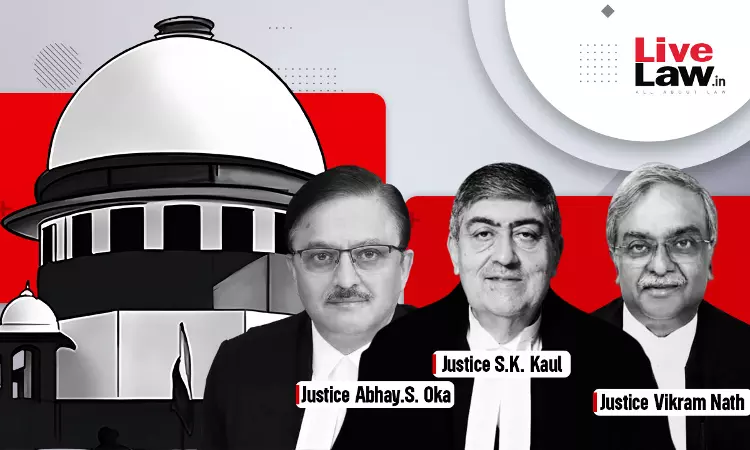'Prosecutor Has Duty To State, Accused And Court; They Are Not Representatives Of Any Party': Supreme Court
Sheryl Sebastian
19 Aug 2023 6:23 PM IST

Next Story
19 Aug 2023 6:23 PM IST
The Supreme Court on Friday (18.08.2023) convicted Rashtriya Janata Dal (RJD) leader and former Member of Parliament (MP) Prabhunath Singh in a double murder case of 1995, reversing his acquittal granted by the trial court and confirmed by the Patna High Court.The Apex Court heavily criticized the 'deplorable conduct' of the Presiding Officer of the Trial Court in the case, which according to...
